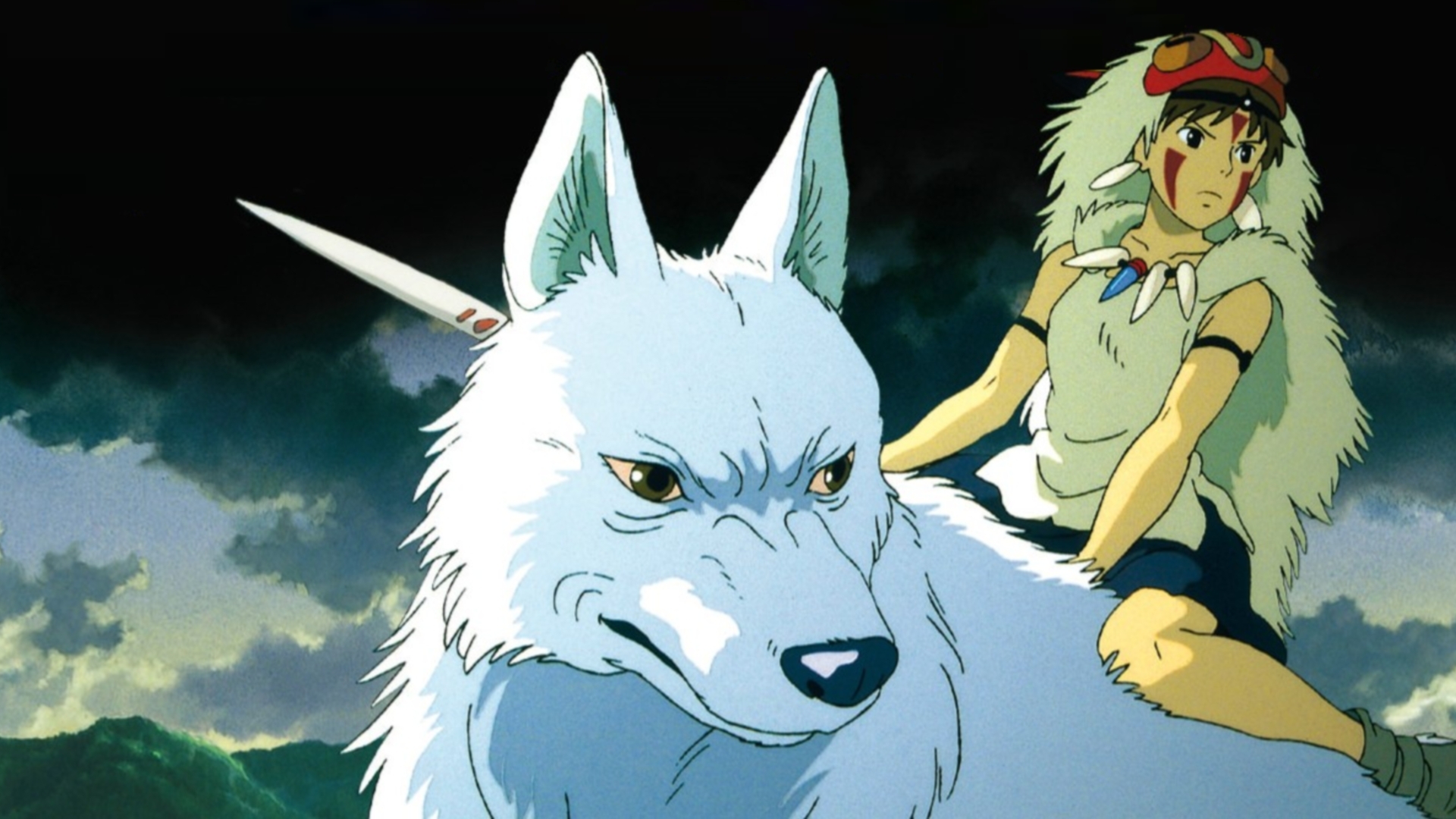Technophile周刊(第29期)¶

视频¶
-
Crash Course History of Science Preview
If we look at that first question I asked, “what is stuff”: well, physicists will say that stuff is made of atoms, and atoms are made of quarks and leptons, we still don’t know, like... why quarks exist. Or why there appears to be far more matter in the universe than we can account for. Which is… weird! And we don’t have the answers yet. But, we use a method to get at the answers. A method that we’ve been developing for many centuries. The Scientific Method.
-
Intro to History of Science: Crash Course History of Science #1
NULLIUS IN VERBA - on no one's word // “NULLIUS IN VERBA” is the motto of the Royal Society. // don’t believe something just because someone tells you it’s true. Test out each new hypothesis, or educated guess, yourself. In other words: your individual proof of how some natural phenomenon works should be something that anyone can reproduce. // At its limit, the history of science touches on the study of religion: the diverse and changing nature of the never-ending human search for Truth, capital T. // What is stuff? What is life? Where are we? When are we? How can we agree on what we know?
-
The Presocratics: Crash Course History of Science #2
Meet the Presocratics! // They didn’t make detailed, accurate knowledge of nature based on observation. But they did come up with theories that tried to account for why stuff is the way it is. // The first European natural philosopher whose ideas survived down to the present was Thales, the first individual known to have proved a mathematical theorem—Thales’s theorem. // "Milesian" 形容词来自希腊城市米莱,指的是米莱学派,这是一群古代希腊哲学家,以其关于物质起源的理论而闻名。 // This theory held that water was the primary substrate, or the most basic element. // "Apeiron" 在这句话中指的是 初始状态 或 无限、无形之物。它源自古希腊哲学,代表着宇宙起源的无定形状态,存在于一切事物之前。 // Atomism, the theory that the world is made of particles you can’t divide any further. This was associated with democritus, who made heavy use of rational debate through dialogues, our “wonder” of this period. // Democritus held that everything is made of atoms. Indestructible, uncreated, always in motion, and infinite in number. And they came in all kinds of shapes and sizes.
-
Plato and Aristotle: Crash Course History of Science #3
Pop quiz: are you a Platonist or an Aristotelian? An idealist or an empiricist? // Do you think up neat rules to describe the universe and then try to fit data into your theory? Or do you observe the world and draw conclusions from what you see? Do you trust math, or your senses? // But Socrates did two important things: he asked a lot of questions, which influenced how philosophers went about teaching their ideas. And he inspired the two rockstars of classical Greek philosophy. Socrates held that knowledge comes from asking questions. His name is attached to the Socratic method—in which you constantly ask questions so that students can steadily break down a big problem into smaller parts, parts they can test hypotheses against. // "Eleatic" 形容词,指的是来自古希腊埃勒亚学派的哲学家。 // "Timaeus" 指的是柏拉图的对话体作品《提马欧》。 // 在这句话中,“Lyceum” 指的是古代希腊亚里士多德创办的学堂。 // And his school was called the Peripatetic, meaning “walkie” and thus informal—not like the Academy.("Peripatetic" 意思是“漫步的”或“游学的”。在本句中,它形容学校的性质,即教学的方式是边走边讲,非正式的学习环境。) // 1.For Plato, the cosmos was perfect. It had perfect rules that could be studied. And all cosmic stuff was made up of atoms that were perfect geometric “platonic solids”, each creating one element: tetrahedrons of fire, cubes of earth, octahedrons of air, icosahedrons of water, and dodecahedrons as the shape of the whole universe…Like a giant celestial set of D&D dice! Plato’s theory of the heavens stated that the wandering stars—that is, the planets—followed a path of uniform circular motion. 2.How did Aristotle build on Plato’s system? Aristotle’s cosmology was abstract, too, but attempted to make sense of observations about the world. He crossed those same four elements, plus a new anti-void one called æther, with four physical sensations: hot and cold, dry and wet, and used these to explain everything: Earth was the heaviest element, so it was the center of the cosmos. Water was lighter than earth so the oceans rested on top of the earth. Air’s natural state is above water. Fire sat on top of air, which is a little weird… but it does go up, I guess? And way out beyond these four terrestrial spheres—out past the Moon—spun the stars, acting according to their nature as ætherial, or perfect-circle-moving, objects. And nowhere, anywhere in this theory, was a void. Nature abhors a vacuum!
-
India: Crash Course History of Science #4
India presents a convenient counterpoint to Greece because knowledge-making in india was indeparable from a long religious tradition, sponsored by the state, and focused on applications. // 这里 "Jainism" 指的是印度教派“耆那教”。 // The most important Hindu texts were the Vedas. The word “veda” literally means “knowledge.” // True, the Greek natural philosophers began to break with a mythological tradition, or at least repurposed it, proposing new ways of thinking about nature. Even so, we can never neatly separate out science from religion: they mutually affect one another. // The Vedas were written in a sacred language, Sanskrit, which was standardized around the time of the first Greek natural philosophers. The greatest Sanskrit scholar, Panini, wrote a book on grammar listing almost four thousand rules! These covered phonetics, meter, semantics, etymology—everything about the language and how it should be used. In fact, Panini’s theory of how words are formed was so advanced that it was directly studied into the twentieth century! So you can say that the first science in India was linguistics. And this tradition of memorizing the Vedas and trying to understand words eventually led to the study of acoustics and musical tones. // This period also saw the rise of the siddhantas or “the solutions,” meaning high-level astronomy textbooks.("Siddhantas" 在此句中指的是一种古代印度数学和天文学的理论或系统,意为“解决方案”。它指的是高级的、复杂的理论体系,而非简单的解决方法。) // Ayurveda, literally life-knowledge, or the science of life, began with oral traditions about sacrificial animals.("Ayurveda" 是一个词,指的是一种古老的印度医疗体系,字面意思是“生命知识”或“生命科学”。)